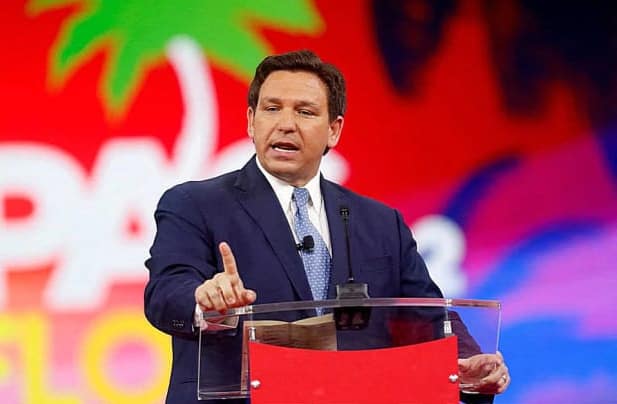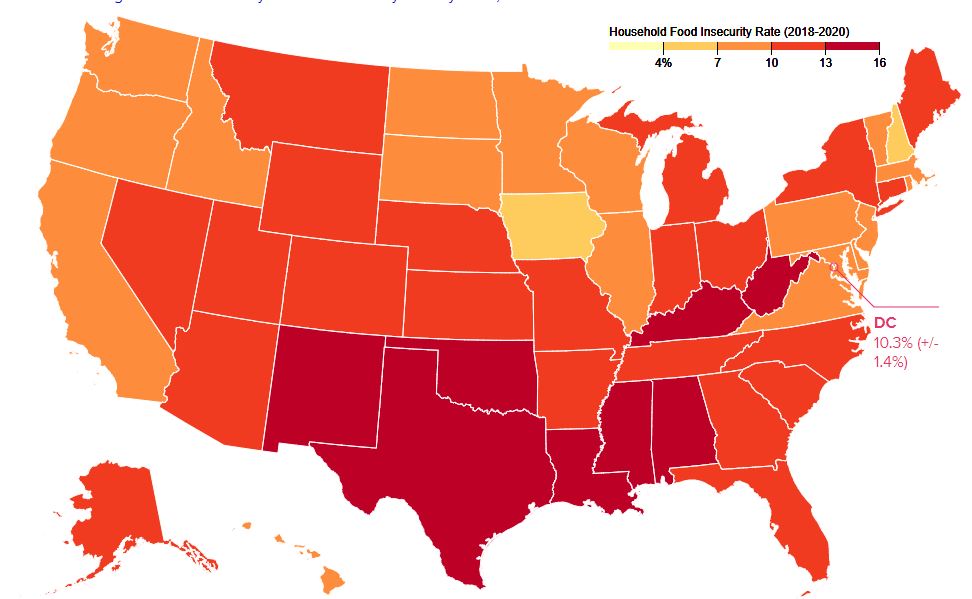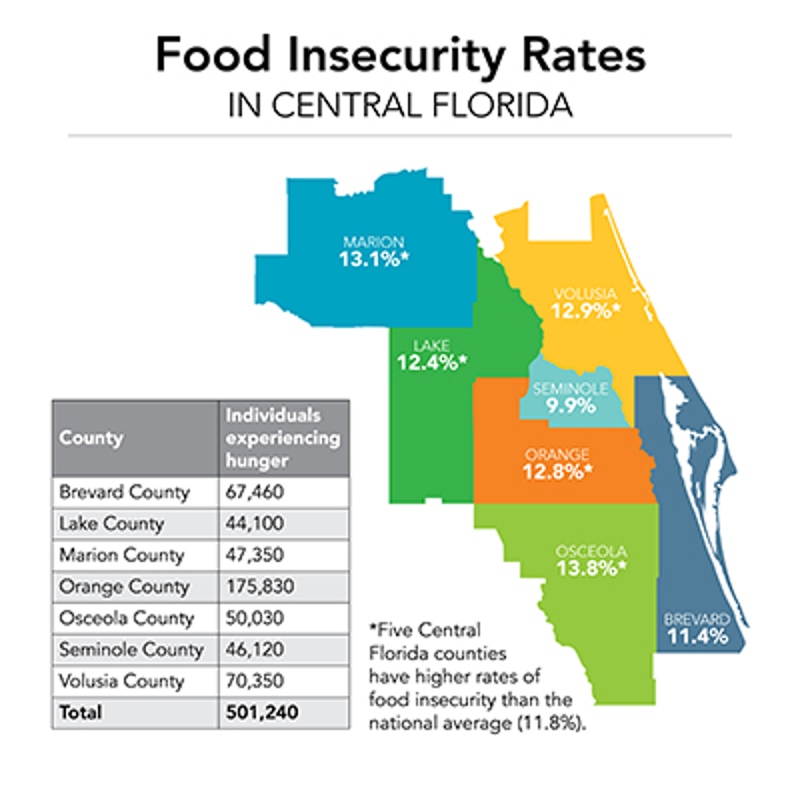Florida is experiencing a significant food insecurity crisis, with 2,935,330 people facing hunger, including 819,940 children. Despite this, Governor Ron DeSantis has opted out of a new federal program designed to alleviate summer hunger for low-income children. This decision leaves Florida among 13 states, all with Republican governors, that have rejected the Summer Electronic Benefit Transfer (EBT) program, which would have provided $120 per child over the summer months.

Under the $2.5 billion program created by Congress, funds are allocated to low-income households to cover the cost of groceries during the summer when school-based meal programs are not available. Families making up to 185% of the federal poverty level are eligible for this assistance, which is distributed via EBT cards that can be used at SNAP-participating retail stores. Despite the benefits, Florida and other states have declined to participate, citing concerns over administrative costs and opposition to what they consider welfare expansion.

The decision has sparked controversy, as the program is fully funded by the federal government, with states only required to cover half the administrative costs. These costs include salaries, benefits, office expenses, and outreach efforts. Critics argue that the administrative costs are minimal compared to the significant benefits provided to children in need. In Iowa, for example, the program’s administrative cost was estimated at $2.2 million, a small price for ensuring food security for thousands of children.

Governor DeSantis’ administration defended its decision, stating that existing food banks and distribution centers are sufficient to meet the needs of low-income families. However, many advocacy groups and experts disagree, highlighting that the absence of the Summer EBT program leaves many children without adequate nutrition during the critical summer months. These groups argue that the program’s benefits far outweigh the costs and that rejecting it exacerbates food insecurity.

Some states initially opposed to the program have reversed their decisions. For example, Louisiana, Nebraska, and Vermont changed course after recognizing the program’s potential to significantly reduce childhood food insecurity. In Louisiana, the legislature allocated $3.6 million to participate in the program after pushback from advocates. Vermont secured a federal waiver to manage administrative costs, and Nebraska Governor Jim Pillen was persuaded by schoolchildren who shared their experiences with hunger.

Despite Florida’s refusal, several territories, tribal nations, and states with Republican governors have embraced the program, providing a lifeline to millions of children. Tennessee has announced plans to opt out in 2025, while other states continue to weigh the benefits and administrative costs. Advocates hope that successful implementation in participating states will prompt others to reconsider their stance in the future.

Food insecurity remains a critical issue nationwide, with approximately 17 million households experiencing limited or uncertain access to adequate food in 2022, an increase from previous years. The USDA’s evaluation of the Summer EBT program over a decade found it significantly reduced childhood food insecurity and promoted healthier diets, underscoring the program’s effectiveness and necessity.

As Florida’s summer endures, the state’s decision leaves many low-income families struggling to make ends meet. The rejection of the Summer EBT program highlights the ongoing debate over federal aid and welfare programs, with significant implications for the state’s most vulnerable children. Advocates continue to push for reconsideration, emphasizing the urgent need for comprehensive solutions to address food insecurity.





